
Is Nom certification required for exporting to Mexico?
Originally, Mexico recognized the NOM safety mark (as shown in Figure 1), but did not recognize safety marks from the United States and Canada (such as CUL, ETL, and CSA). However, with the increasing level of cooperation within the South American Free Trade Area, the Mexican government will now accept products certified under NRTL standards from the countries listed in Table 1 (covering information technology equipment, audio-visual products, and household appliances) into the Mexican market without the mandatory requirement for nom certification.
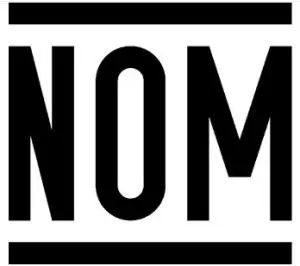
- Product Category: Information Technology Equipment (ITE)
- Mexico: NOM-019-SCFI-1998
- USA: ANSI/UL 60950-1 (Ed.2, 27/03/2007)
- Canada: CAN/CSA-C22.2 No.60950-1-07 (Ed.2)
- Product Category: Audio-Visual Products
- Mexico: NOM-001-SCFI-1993
- USA: ANSI/UL 60065 (Ed.7, 2003)
- Canada: CAN/CSA-C22.2 No.60065-2003 + Amendment: 2006
- Product Category: Household Appliances
- Mexico: NOM-016-SCFI-1993
- USA: ANSI/UL 60335-1
- Canada: CAN/CSA-E60335-1/4E-03 (R2007)
NOM stands for "Normas Oficiales Mexicanas," and the NOM mark is a mandatory safety mark in Mexico, indicating that a product complies with the relevant NOM standards. The NOM mark applies to most products, including telecommunications and information technology equipment, household electrical appliances, lighting fixtures, and other products that pose potential health and safety risks. Whether manufactured locally in Mexico or imported, products must comply with the relevant NOM standards and labeling requirements.
According to Mexican law, the holder of the NOM certificate must be a Mexican company responsible for the product's quality, maintenance, and reliability. Test reports are issued by laboratories recognized by SECOFI and reviewed by SECOFI, ANCE, or NYCE. If the product meets the regulatory requirements, a certificate is issued to the Mexican representative of the manufacturer or exporter, allowing the product to bear the NOM mark.
Products subject to mandatory NOM certification are typically electronic and electrical products operating on AC or DC voltage exceeding 24V. This primarily applies to product safety, energy and thermal effects, installation, health, and agricultural sectors.
Mexico NOM Certification Application Process:
The NOM certificate is usually valid for one year and requires periodic testing afterward. However, if the certification includes an inspection of the quality system, the certificate is valid for three years. The certificate holder is typically the individual importer, manufacturer, or distributor, while foreign manufacturers can apply for the certificate through a certification body recognized by the Mexican Standardization Committee.
Required Documents for Mexico NOM Application:
1. Application form
2. Agency declaration
3. Registration documents of the local importer or distributor
4. Relevant CB certificate and report
5. User manual in Spanish (including warranty information)
6. Technical documents (schematics, assembly drawings, parts list) or CB (including Mexican deviations)
7. Service manual
8. Company profile (in English)
9. Parts supply guarantee
China's JJR Laboratory provides NOM certification services for Mexico.
Email:hello@jjrlab.com
Write your message here and send it to us
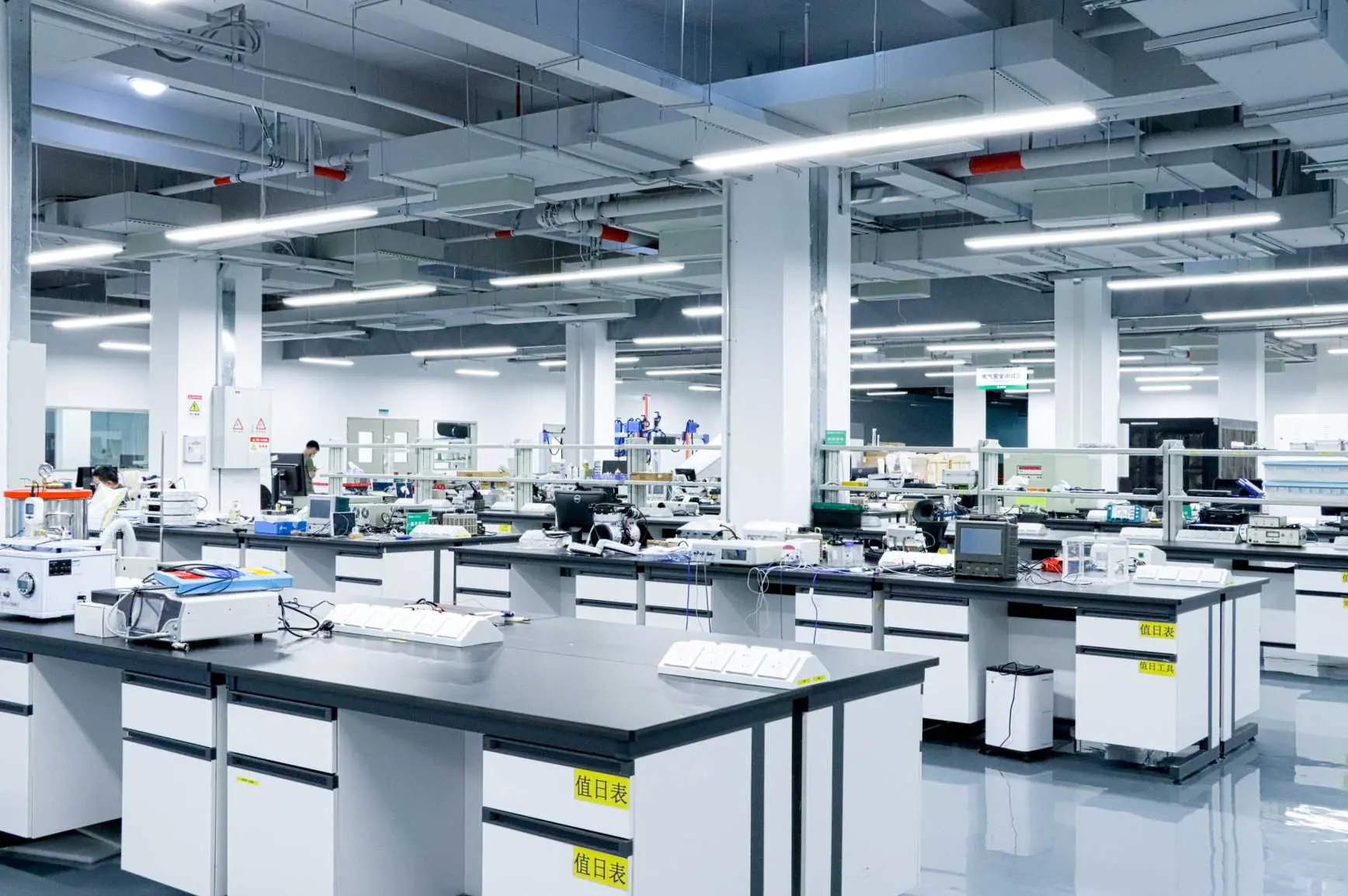 What is the IEC 62321 Standard Test?
What is the IEC 62321 Standard Test?
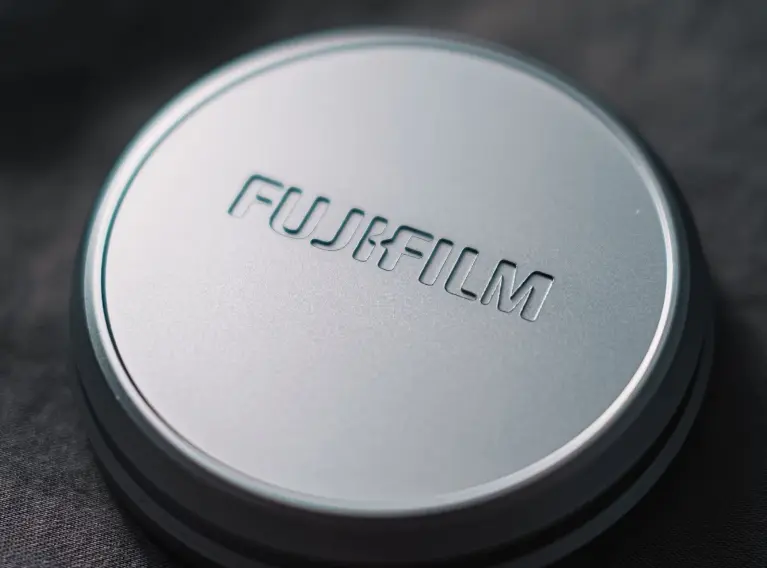 UL4200A Certification Process for Button Cell Batt
UL4200A Certification Process for Button Cell Batt
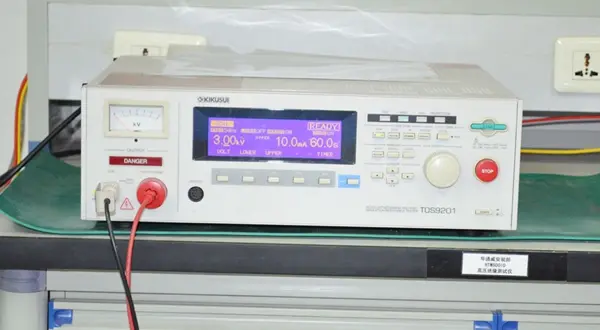 Amazon Rice Cooker CE Certification Testing
Amazon Rice Cooker CE Certification Testing
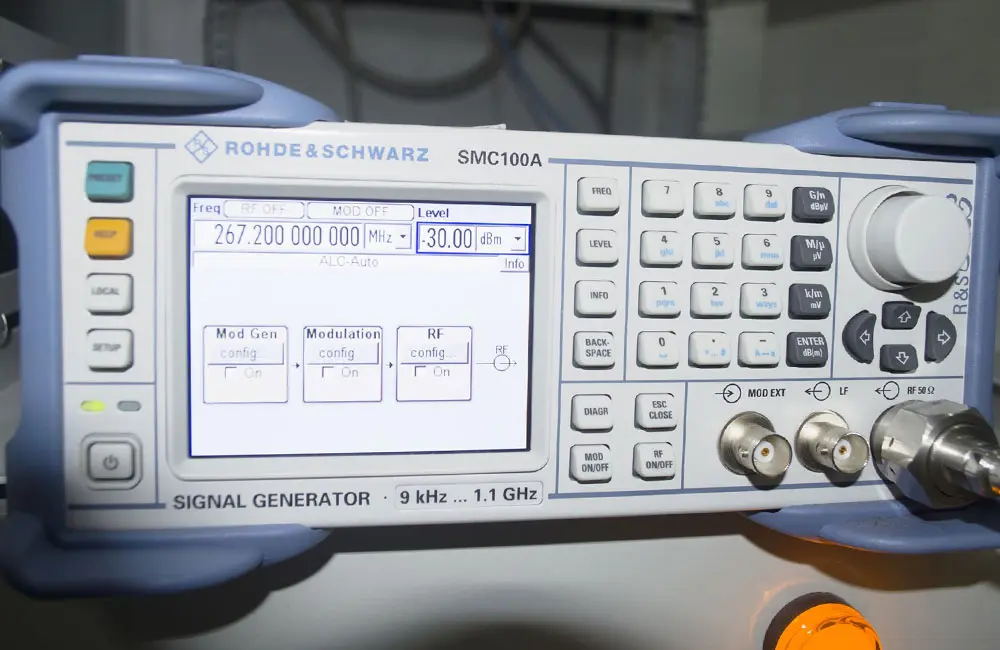 Amazon Certification Testing Report Guide
Amazon Certification Testing Report Guide
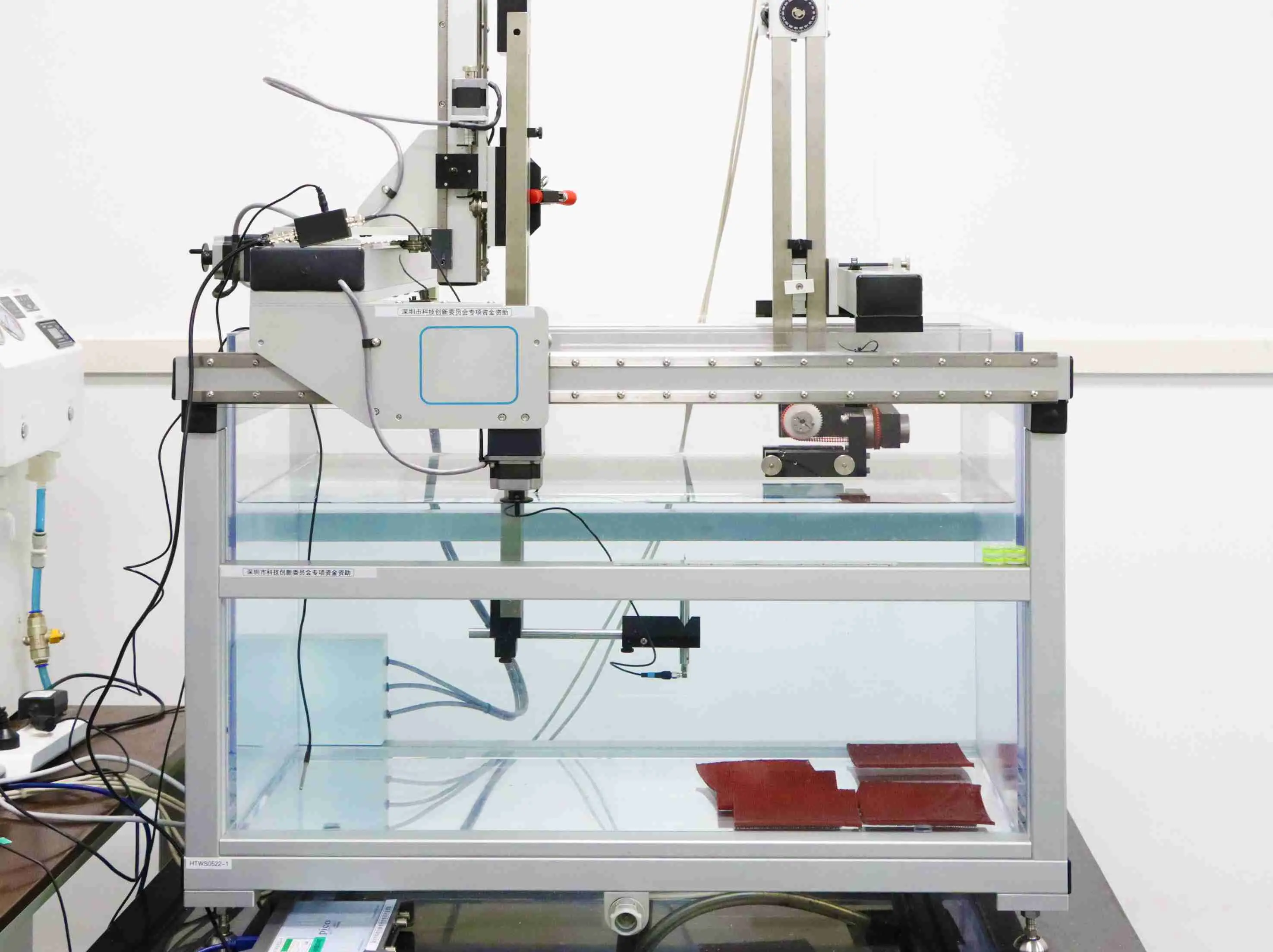 IEC 60335-2-98 Testing and Certification Laborator
IEC 60335-2-98 Testing and Certification Laborator
 How to get the ANSI/CAN/UL 2056:2024 Test Report?
How to get the ANSI/CAN/UL 2056:2024 Test Report?
 IEC 60335-2-29 Testing Services
IEC 60335-2-29 Testing Services
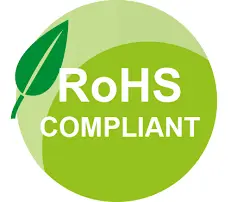 Introduction to RoHS 2 Labeling Requirements
Introduction to RoHS 2 Labeling Requirements
Leave us a message
24-hour online customer service at any time to respond, so that you worry!




